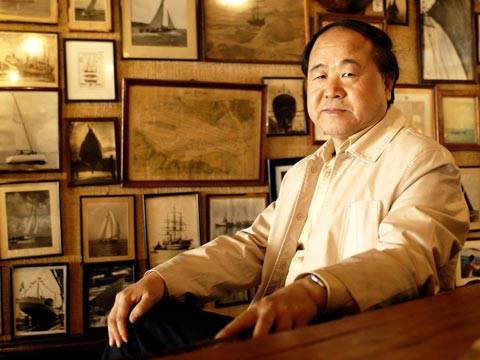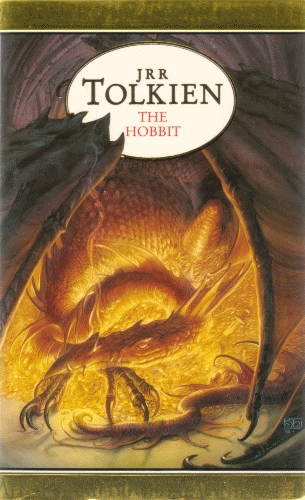I've actually been holding on to this book for ages - got it while I was in Columbia, not long after my Modern East Asian Literature course (our token Taiwanese text for the class was Chang Ta-Chun's Wild Kids.)
Was considering other options for this segment, though: tempted by the thought of doing something untranslated, like that copy of Wang Wenhua's 蛋白質女孩 we have lying around. But life is short, and my excellent translator/author/actor friend Jeremy Tiang recommended this.
And it's a gay experimental novel - by a woman, too. What's not to like?
Oh, but this isn't a casual read - takes a lot longer than the 166 pages of its contents might suggest. There's no real plot: we're wandering with the mind of the narrator (he's too passive for me to really call him a protagonist) Xiao Shao, an ageing Taiwanese gay man, as he contemplates the death of his friend Ah Yao from AIDS.
Ah Yao's the kind of guy you'd expect to be a hero: he's introduced as an extrovert, an ACT UP rights activist who's worked in the US, and a precocious sex maniac. Our narrator nearly humped him in his youth, before he was out himself, but held back. Now he's sitting in his friend's house, observing the decay of Ah Yao's body, contemplating the wastage of his own life - no love, no family, no longer even a real desire for sex.
And yet as the tale wanders, we find there's very little about Ah Yao - most of the story is about his own love affairs and near misses, mostly with a photographer named Yongjie and a dancer named Jay - both absolutely gorgeous men, we're told, even though Shao is a mere academic, with neither fortune nor glamour to his name. And though we witness despair and yearning and heartbreak and the absolute pathetic-ness of aged singlehood (what is the noun form of this word? Internet says patheticalness but that sounds awful), what we're also left with is genuine love, obsessive and romantic and stupid and all, but observed from a distance, like everything else in this tale.
See, Xiao Shao's mind joins up Fellini and Tripataka and Nijinsky and the Rubaiyat and Hayao Miyazaki's Nausicaa, just to describe what he's feeling - not to show off or be politically correct, like I do. And it's paralleled by his own casual descriptions of travel to Athens, to Nara, to Kushinagar, to the Valley of the Kings in Egypt (he resists ever visiting China, which is where Yongjie eventually falls in love with a young farmer on the Silk Road).
All these expanses contrasting with the severe limits of his childhood, growing up in the shadow of the Chiang Kai-Shek dictatorship, and the shadow of his adulthood, his loneliness in the public toilets and video arcades of Taipei and Kaohsiung.
Oh, I won't go on too long about this. Must do some writing of my own. But it is such a different book from most of the works I've been reading - a story that meanders and is lost, and is comfortable being lost.
View Around the World in 80 Books!!! in a larger map
Representative quote:
And so I felt that life and death shared the same face, right in front, looking down at me.
It was often there, when I crossed a street, or when I was in an elevator, or right now, while writing. The face wasn't all that scary; it even had the hint of a smile, like a Noh mask hanging on a wall looking down on me - or that's how it felt. If it had grown more vivid, it would have been the picture of an Indian goddess, a sword and a human head in two of her outspread arms, while the other two promised blessings and protection. I was right in front of her, coexisting with her. Therefore death is not the Angel of Death, who wore a black cape and a black robe and played chess with a knight in Bergman's The Seventh Seal. It was, instead, life, who looked down on me.
The ancient Greeks said, You can never place your fee tin the same river twice.
Yes, the kalpa gone, the kalpa now, the kalpa to come.
The past, the present, the future.
Next book: Kyung-Sook Shin's Please Look After Mom, from South Korea.







